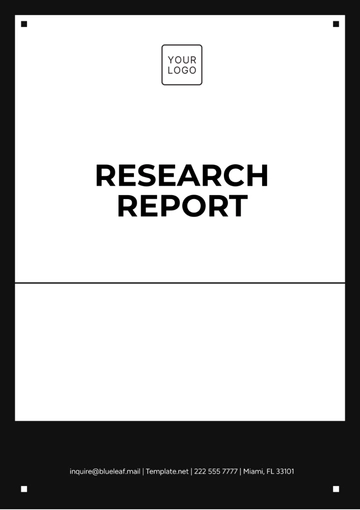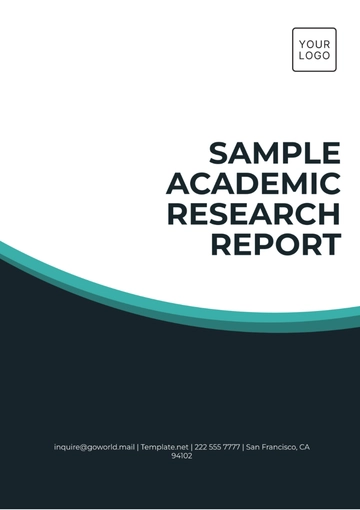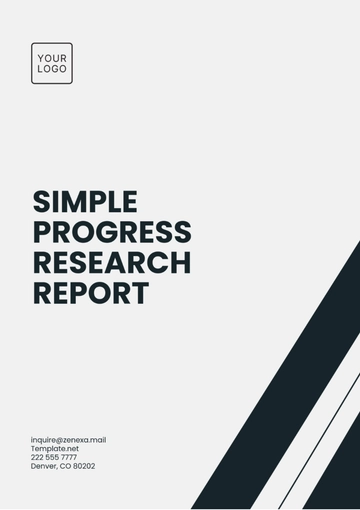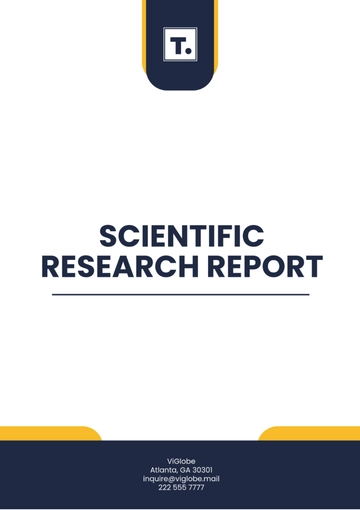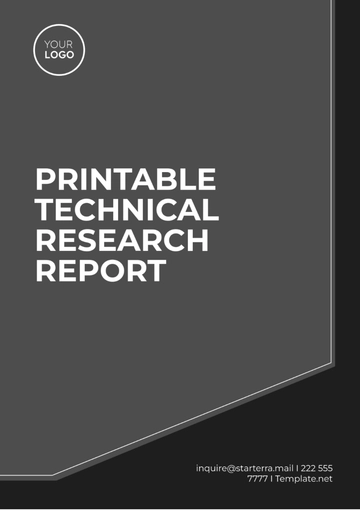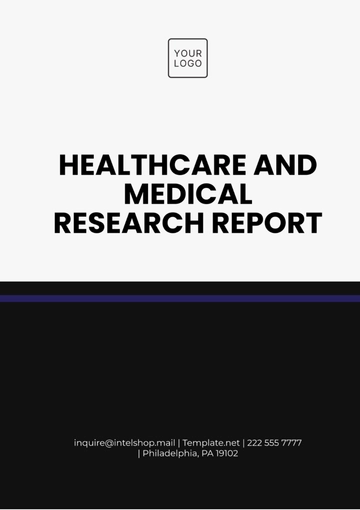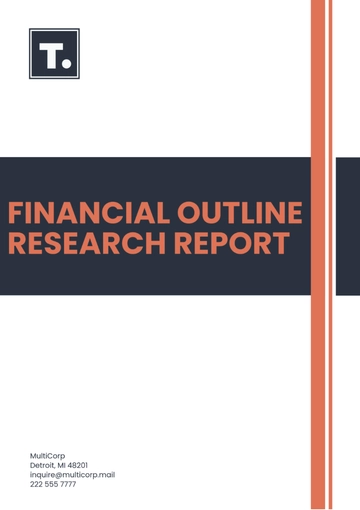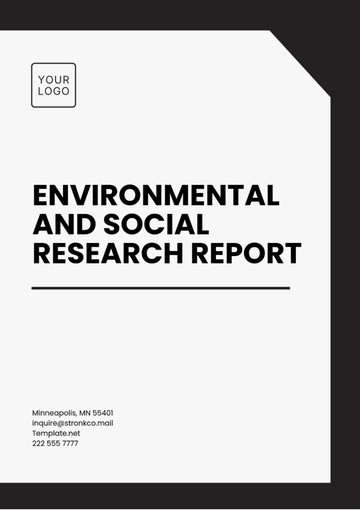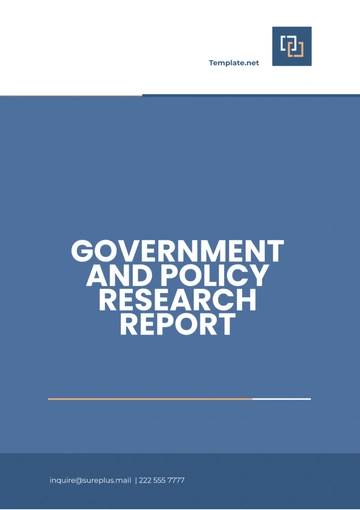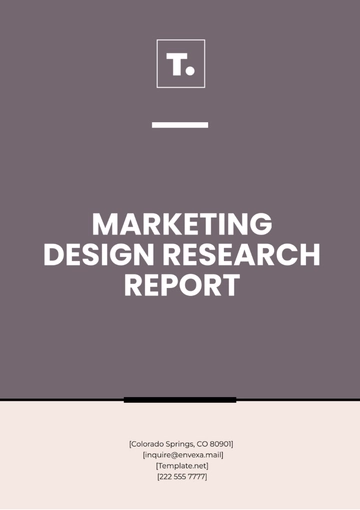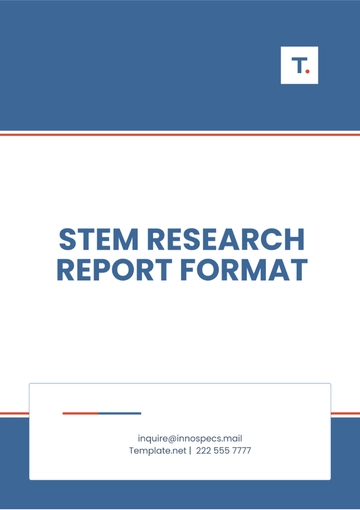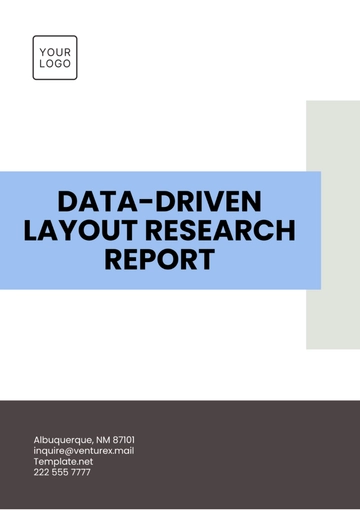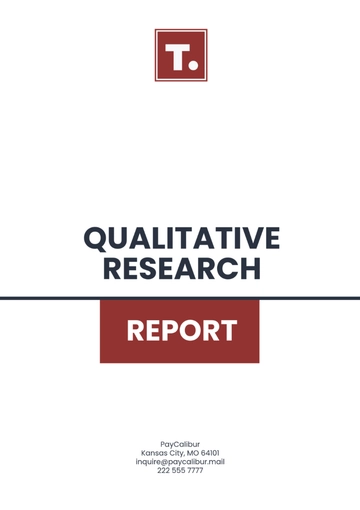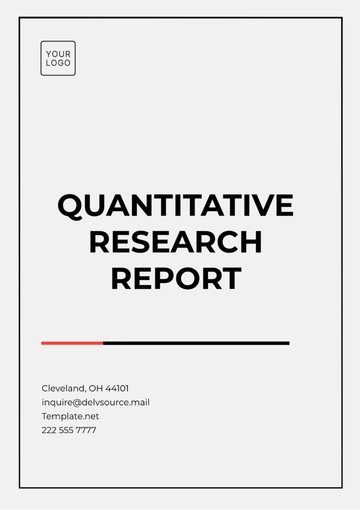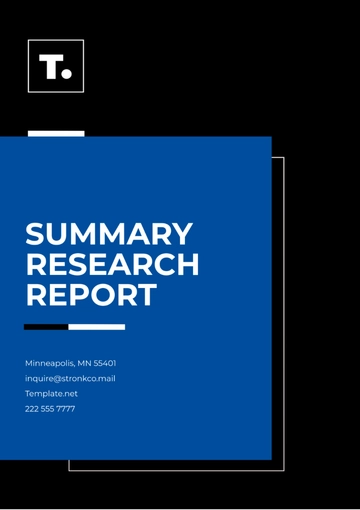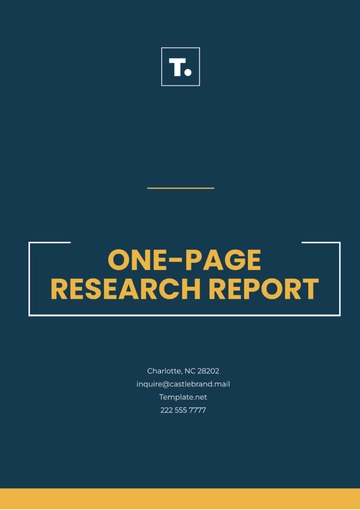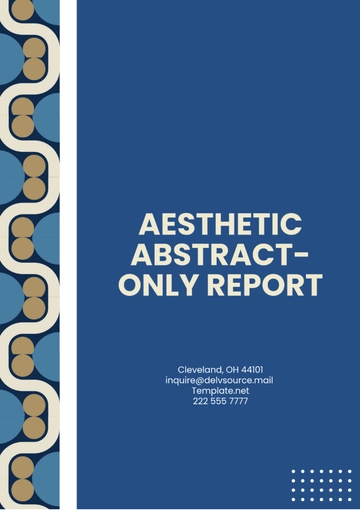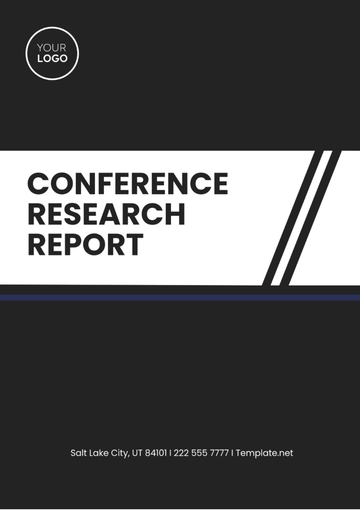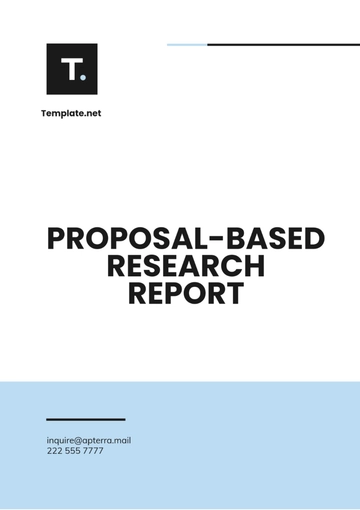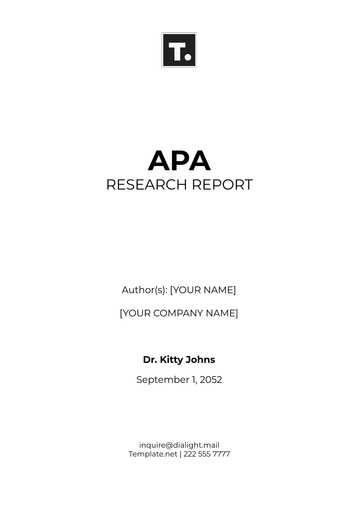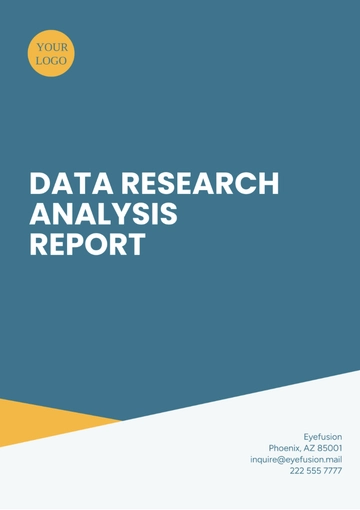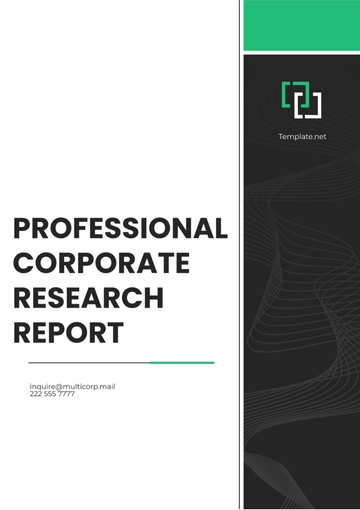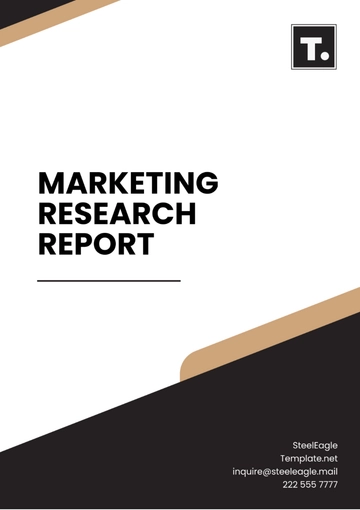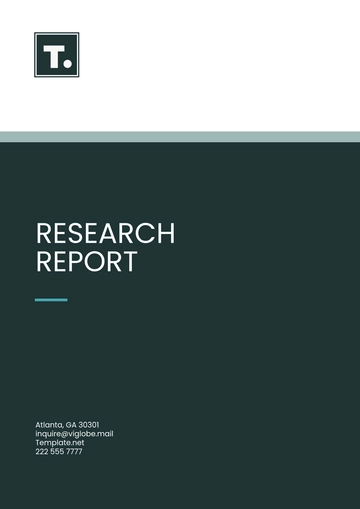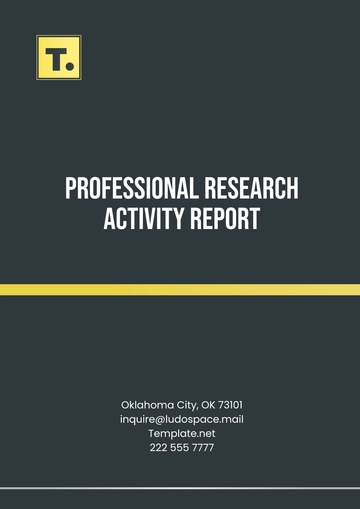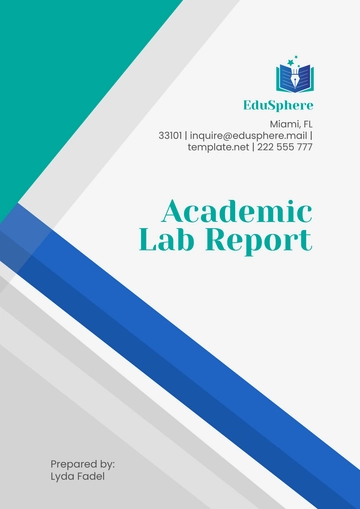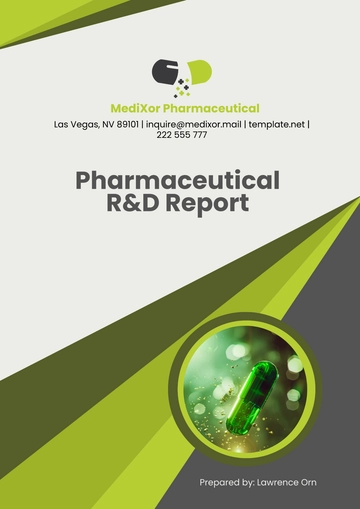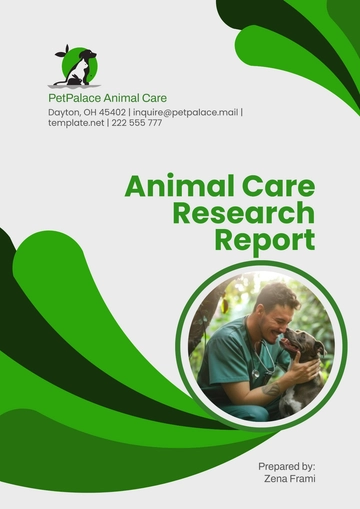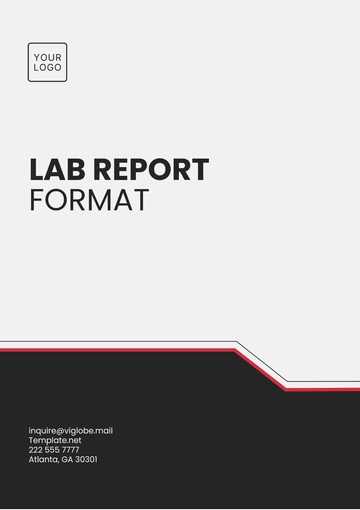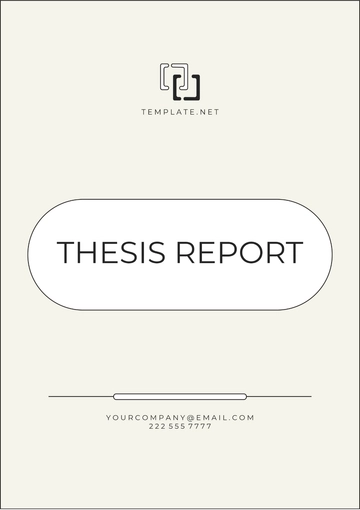Free Project Research Report
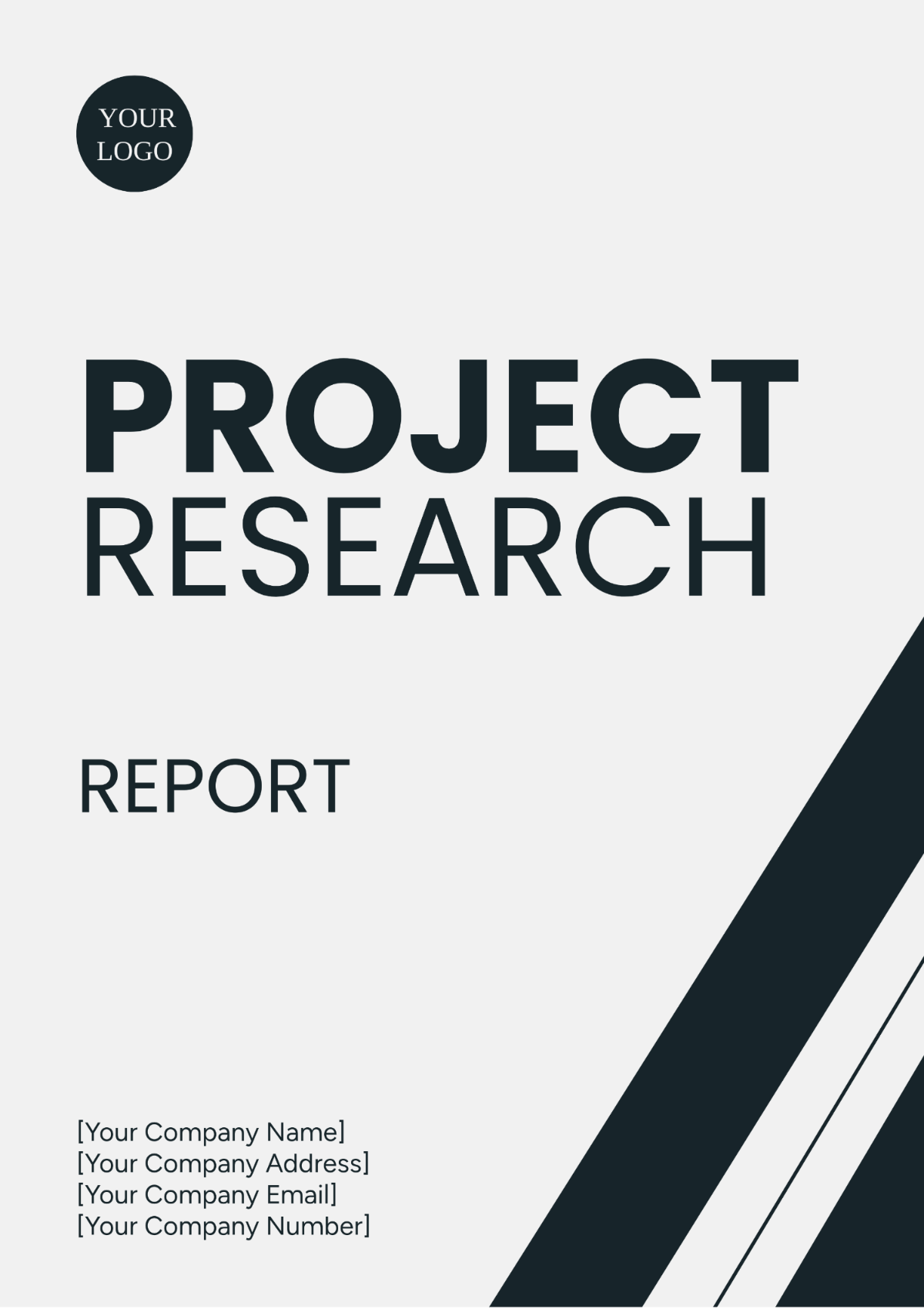
Research Title: | The Impact of Social Media on Academic Performance among College Students |
|---|---|
Researcher: | [YOUR NAME] |
Date: | June 1, 2051 |
I. Abstract
This research investigates the correlation between social media usage and academic performance among college students. The study examines the extent to which social media impacts students' study habits, attention spans, and overall academic success. Data was collected through surveys and academic performance records of 500 college students from various universities. The findings reveal both positive and negative effects of social media on academic performance.
II. Introduction
A. Background
Social media has become an integral part of students' lives. While it offers numerous benefits such as easy communication and access to information, there are concerns about its impact on students' academic performance.
B. Problem Statement
This study seeks to understand the relationship between social media usage and academic performance among college students.
C. Objectives
To determine the extent of social media usage among college students.
To analyze the impact of social media on students' study habits.
To evaluate the correlation between social media usage and academic performance.
D. Research Questions
How frequently do college students use social media?
What are the primary purposes of social media usage among students?
What is the impact of social media on students' study habits and attention spans?
How does social media usage correlate with academic performance?
E. Significance of the Study
This research provides valuable insights for educators, parents, and policymakers to develop strategies to maximize the benefits of social media while minimizing its negative impacts on students' academic performance.
III. Literature Review
A. Overview of Social Media
Social media platforms such as Facebook, Twitter, Instagram, and TikTok have revolutionized the way individuals interact, share information, and consume content. Since their inception, these platforms have seen exponential growth in user base and engagement, profoundly influencing various aspects of daily life, including education.
B. Social Media and Academic Performance
Numerous studies have explored the relationship between social media usage and academic performance, yielding mixed results. Some research indicates that moderate social media use can enhance learning and engagement, while excessive use tends to correlate with lower academic achievements due to distractions and reduced study time.
C. Study Habits and Attention Span
Research has shown that social media can significantly disrupt students' study habits and attention spans. Continuous notifications and the temptation to check updates frequently interrupt the learning process, leading to diminished concentration and productivity.
D. Positive Impacts
Despite the potential drawbacks, social media offers several positive impacts, such as facilitating collaborative learning and providing access to a wealth of educational resources. Platforms like LinkedIn and Twitter are particularly beneficial for academic networking and staying updated with the latest research developments.
E. Negative Impacts
On the flip side, excessive use of social media can lead to addiction, sleep deprivation, and increased stress levels, all of which negatively affect academic performance. Furthermore, the prevalence of misinformation on these platforms can mislead students and detract from their learning experience.
IV. Methodology
A. Research Design
A mixed-methods approach was adopted, combining quantitative and qualitative data.
B. Participants
500 college students from various universities participated in the study.
C. Data Collection
Surveys and academic performance records were used to gather data.
D. Data Analysis
Statistical tools and thematic analysis were employed to interpret the data.
V. Findings
Social Media Platform | Average Daily Usage (hours) | Primary Use | Academic Performance Impact | Comments |
|---|---|---|---|---|
2 | Socializing | Negative | Increased distraction | |
1.5 | Sharing Photos/Videos | Neutral | Mixed impact | |
1 | News/Information | Positive | Enhanced awareness | |
0.5 | Professional Networking | Positive | Career-oriented usage | |
TikTok | 2.5 | Entertainment | Negative | High distraction |
A. Usage Patterns
The majority of students use social media for more than 2 hours daily, primarily for socializing and entertainment.
B. Study Habits
Social media was found to disrupt students' study routines and reduce their concentration levels.
C. Academic Performance
A mixed impact was observed, with some platforms aiding in academic success while others proved detrimental.
VI. Discussion
A. Interpretation of Findings
The data indicates that while social media offers educational benefits, its overuse can hinder academic performance.
B. Recommendations
Encourage balanced social media usage.
Promote the use of educational platforms.
Implement time management strategies.
C. Limitations
The limitations of the study are confined to data that participants have reported about themselves, and it only includes information from particular demographic groups.
VII. Conclusion
Social media has a dual impact on academic performance. While it can be a valuable educational tool, excessive use leads to distractions. Educators should guide students toward responsible usage to optimize academic outcomes.
VIII. References
Smith, J., & Doe, A. (2050). The effects of social media on student learning. Journal of Educational Research, 15(3), 234-245.
Brown, R. (2050). Social media and academic performance: A meta-analysis. Educational Psychology Review, 22(4), 321-341.
IX. Appendices
Appendix A. Survey Questionnaire
A copy of the survey questionnaire used for data collection.
Appendix B. Additional Data
Supplementary tables and charts illustrating the research findings.
- 100% Customizable, free editor
- Access 1 Million+ Templates, photo’s & graphics
- Download or share as a template
- Click and replace photos, graphics, text, backgrounds
- Resize, crop, AI write & more
- Access advanced editor
Simplify your project research reporting with Template.net's Project Research Report Template. This customizable template, editable in our AI Editor Tool, helps you systematically document research objectives, methodologies, results, and recommendations. It facilitates effective communication of project research, ensuring all critical aspects are thoroughly covered. Make it yours now, for free!
You may also like
- Sales Report
- Daily Report
- Project Report
- Business Report
- Weekly Report
- Incident Report
- Annual Report
- Report Layout
- Report Design
- Progress Report
- Marketing Report
- Company Report
- Monthly Report
- Audit Report
- Status Report
- School Report
- Reports Hr
- Management Report
- Project Status Report
- Handover Report
- Health And Safety Report
- Restaurant Report
- Construction Report
- Research Report
- Evaluation Report
- Investigation Report
- Employee Report
- Advertising Report
- Weekly Status Report
- Project Management Report
- Finance Report
- Service Report
- Technical Report
- Meeting Report
- Quarterly Report
- Inspection Report
- Medical Report
- Test Report
- Summary Report
- Inventory Report
- Valuation Report
- Operations Report
- Payroll Report
- Training Report
- Job Report
- Case Report
- Performance Report
- Board Report
- Internal Audit Report
- Student Report
- Monthly Management Report
- Small Business Report
- Accident Report
- Call Center Report
- Activity Report
- IT and Software Report
- Internship Report
- Visit Report
- Product Report
- Book Report
- Property Report
- Recruitment Report
- University Report
- Event Report
- SEO Report
- Conference Report
- Narrative Report
- Nursing Home Report
- Preschool Report
- Call Report
- Customer Report
- Employee Incident Report
- Accomplishment Report
- Social Media Report
- Work From Home Report
- Security Report
- Damage Report
- Quality Report
- Internal Report
- Nurse Report
- Real Estate Report
- Hotel Report
- Equipment Report
- Credit Report
- Field Report
- Non Profit Report
- Maintenance Report
- News Report
- Survey Report
- Executive Report
- Law Firm Report
- Advertising Agency Report
- Interior Design Report
- Travel Agency Report
- Stock Report
- Salon Report
- Bug Report
- Workplace Report
- Action Report
- Investor Report
- Cleaning Services Report
- Consulting Report
- Freelancer Report
- Site Visit Report
- Trip Report
- Classroom Observation Report
- Vehicle Report
- Final Report
- Software Report
